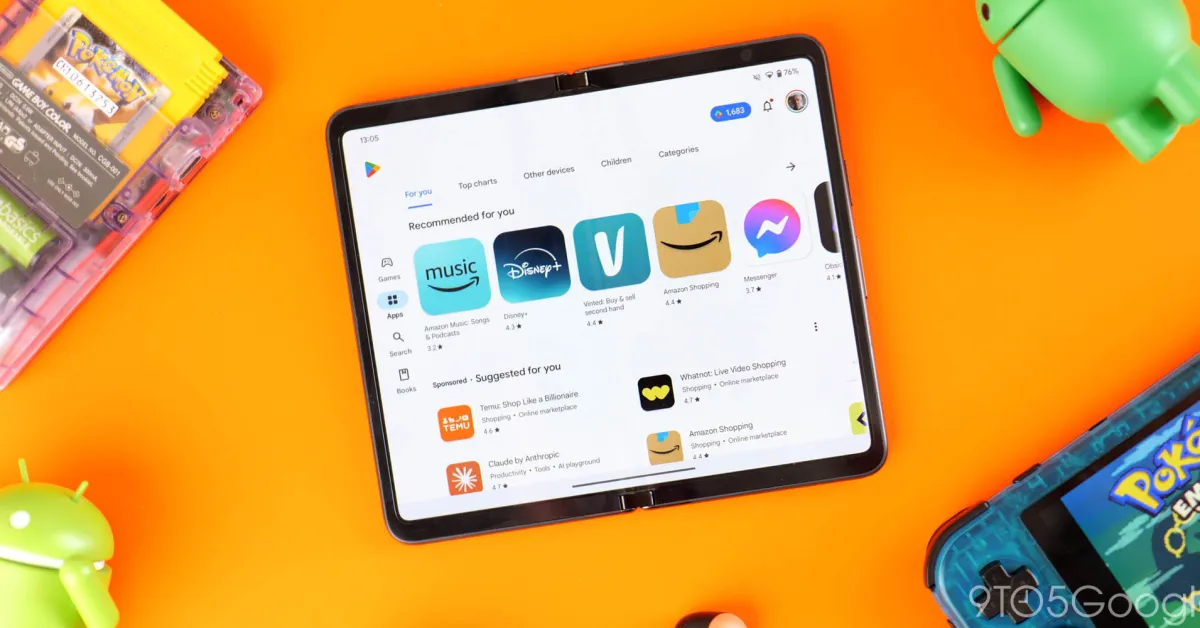By Hammed Adebiyi
Copyright businessday

Nigeria’s relationship with luxury has a long and layered heritage. In the colonial era, imported goods such as textiles, spirits, and household items marked status among the elite, setting early templates for aspirational consumption.
The oil boom of the 1970s and early 1980s deepened this association, as imported vehicles, fashions, and liquor became symbols of social mobility. While the economic turmoil of the late 20th century disrupted these patterns, Nigerians never abandoned the aspirational impulse, rather, they reimagined it, leaning on local creativity and ingenuity to reinterpret luxury on their terms.
Today, that redefinition has entered a new phase. The term premiumisation: the consumer shift toward choosing higher-value, quality-rich products and experiences is becoming the foremost lens through which Nigeria’s affluent and aspirational middle class defines consumption. This shift transcends mere indulgence. It is a demand for meaning, for craftsmanship, for experiences that resonate emotionally and culturally.
This evolution is particularly vivid in Nigeria’s spirits market. Euromonitor and Statista both note the dual forces of urbanisation and premiumisation are reshaping consumer behaviour in Nigeria, with demand rising for artisanal packaging, creative flavours, and cocktail culture that reflects global standards at home (statista.com, Euromonitor International).
These trends are not hypothetical. StrategyHelix projects that the Nigerian spirits market will expand by USD 1.6 billion between 2025 and 2030, driven by upwardly mobile consumers and the growing popularity of whisky and gin across Nigeria’s nightlife hotspots.
The significance of these shifts is amplified by demographics. According to UNFPA Nigeria, Nigeria’s population includes over 60% under age 25, a generation that pursues identity through quality over quantity, experiences over possession.
The 2024 Africa Wealth Report by Henley & Partners projects that Africa’s millionaire population will increase by 65% over the next decade, with Nigeria among the continent’s key wealth centres.
These economic signposts align with personal experience in Nigeria’s cities, especially Lagos, the nightlife capital. During “Detty December,” entertainment and hospitality firms report staggering returns: Lagos’ top nightclubs alone generated over N4.3 billion, while total festive spending by returning diaspora, entertainment venues, and luxury hospitality touched around USD 75 million as published by Forbes Africa. These figures are not just revenue; they reflect desires for connection, experience, and distinction in a city increasingly defined by its cosmopolitanism.
In such a market, brands must meet evolving consumer expectations. The premiumisation era demands more than products, it demands immersive, meaningful engagement. The Macallan exemplifies this approach. In both Lagos and Abuja, The Macallan has hosted exclusive tastings, cocktail-pairing nights, and premium events including art exhibitions, unveiling of new collections, and collaborations with chefs and Nigerian creatives that celebrate refined lifestyle experiences.
These carefully curated gatherings bring together art, music, storytelling, and whisky heritage, creating moments that unite elegance with discovery, and tradition with contemporary culture. Such events emphasise that what drives loyalty in today’s premium consumer is not just a fine dram, but the story and context in which it’s offered.
Other sectors reflect the same trend. Nigerian fashion designers like Mai Atafo, Lisa Folawiyo and Deola Sagoe are delivering locally rooted luxury that competes on global stages. Developers building premium estates in Lagos and Abuja are responding to the demand from both HNWIs and diaspora returnees. The hospitality sector, too, has embraced the desire for distinctiveness, offering bespoke dining, art showcases, and concierge services that cater to the culturally curious and luxury-minded.
This shift aligns with broader insights. PwC Nigeria Consumer Markets Analysis highlighted that consumers in the country increasingly purchase not just goods, but narratives, a sense of belonging and identity that products facilitate.
In a world of economic flux, marked by inflation, currency volatility, and regulatory complexity, premiumisation offers an alternative: value through experience, authenticity, and heritage. Indeed, local craft distillers may find competitive advantage in quality and cultural relevance, e-commerce allows personal connection regardless of geography, and immersive experiences create loyalty that discounts simply can’t buy.
Ultimately, Nigeria’s premiumisation is not a fad; it is an enduring transformation rooted in culture, identity, and aspiration. It signals a future where consumption is measured not in volume, but in depth of meaning; where experiences weigh as much as objects; and where brands that blend provenance, creativity, and local resonance will define luxury for the next generation. For Nigeria’s consumers, premium is no longer just about indulgence, it is about identity, storytelling, and a life richly lived.



